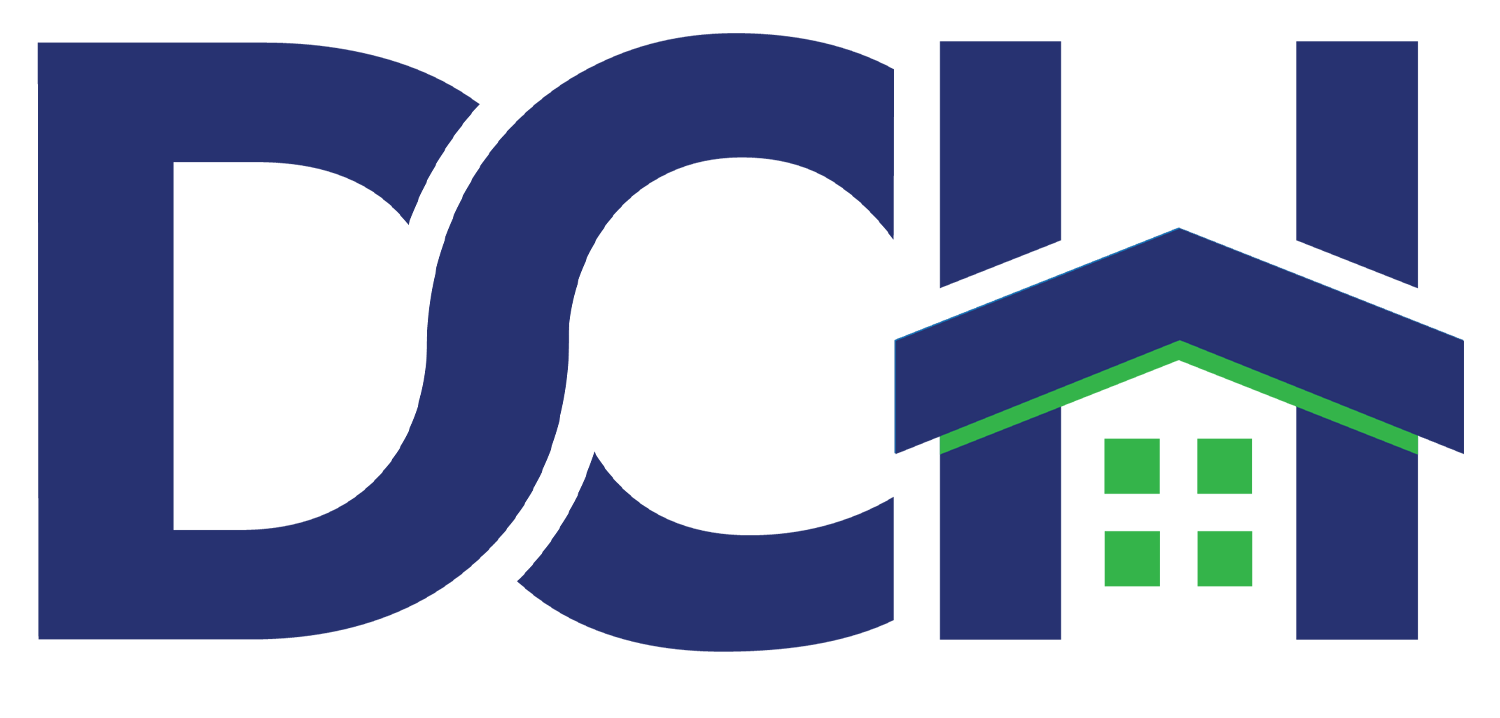Five Components of Financial Literacy
The United States Treasury’s Financial Literacy and Education Commission defines financial literacy as “the ability to use knowledge and skills to manage financial resources effectively for a lifetime of financial wellbeing.” Financial Literacy is your key to homeowning and responsibly saving for your future. Unfortunately, many of us do not have role models, or institutions to teach the important lessons about financial literacy. We would like to explain the components of financial literacy and offer some resources in our area to learn more. Our examples will be around home ownership, but these lessons may be applied for saving for a car or any item.
Earn
Before you can plan to buy a home or any large ticket item, you need to understand your paycheck. How much you earn, how much you pay in taxes, and how much is debited for other expenses such as health care. Before these debits are called your gross income and after is the net income. This can be difficult to calculate if your income varies but look at year-on-year bank statements to average what you are making. You are able to budget your net income. Which is next, how we spend our net income.
Spend
In order to plan for the future or save for a downpayment, you will need to make a personal budget. A budget is the best way to reach your financial goals. Track your spending over several months to see where and how you are spending and what should be in the budget as necessities and also where you are overspending.
One popular rule is the 50 30 20 rule in which 50% of your net income goes towards your basic needs, 30% on nonessentials, and 20% into savings. It is important to note that you can use a budget as a motivator to see what types of jobs you need that provide a certain amount of income to be able to afford a home. Overall, if you do not have the means to put away anything towards saving, prioritize your spending and see more tips below.
Save
Saving is hard work, but is crucial for your safety for retirement, to make big purchases, and in the event of an emergency. It is recommended to have at least 3 months of living expenses set aside for an emergency. For retirement, you should be putting away 10% of your take-home pay each month and putting it towards retirement. Lastly, is the savings towards big purchases. There are a number of ways you can purchase a home, but many people save for a home downpayment, and having your budget set with monthly savings is a big help. We understand that saving can be daunting if you are new to money management or are pay check to pay check. If you cannot put savings away there are ways to manage your money that can help you get ahead. Below are quick tips to make your money go farther.
Review Card Billing Cycles and Know when you need to Have Funds
Request Extensions and Bundle Bills where possible
Negotiate Credit Card Interest Rates
Borrow
Surprised to learn that borrowing is a big part of financial literacy? It is commonly misunderstood and an easy way to get into a lot of debt quick. Good credit can help you make big purchases, like a house, but your debt to income ratio can also be a detriment when financing. One way to build credit is to have a card and pay it off monthly so you are not accruing interest. Having good credit pays off in other ways since having good credit, you are charged less interest. There are a number of ways to increase your credit that we recommend reading here along with understanding credit cards.
Protect
The last component of financial literacy is protection. Being proactive and monitoring your accounts is one line of protection, additionally buying insurance can protect you as well. Be aware of where you are using cards and carrying cash. Banks insure your money and have insurance for cards, it is a good idea to educate yourself on which bank is right for you to protect what you earn.
We hope this has been informative. If you are looking for more information about financial literacy programs in Dallas, see our resources below.
https://dallasareahabitat.org/financial-literacy-week-21/

